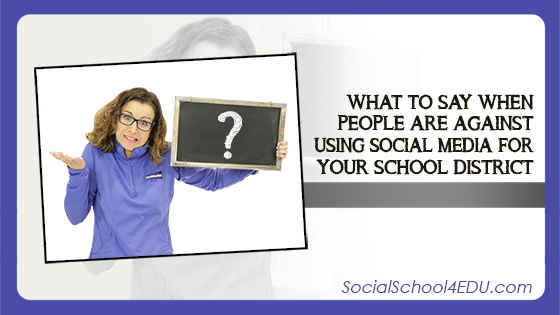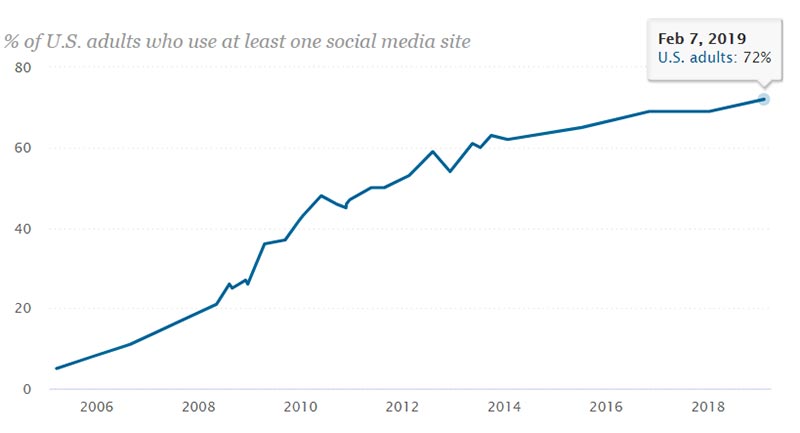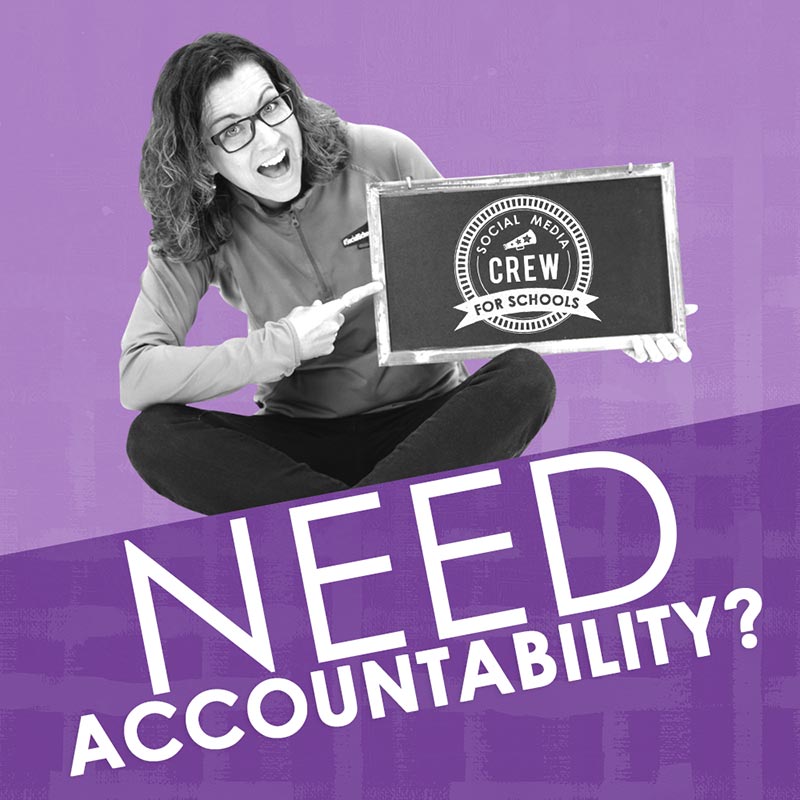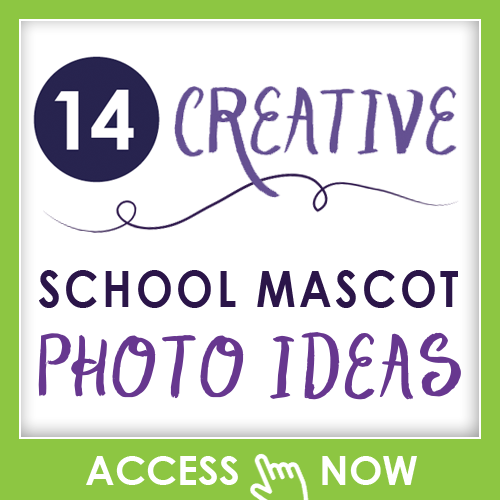I don’t watch the news.
I hardly watch any television.
Do you know how I keep up with the world? Social media!
I don’t even necessarily follow news channel pages; I just listen to what others are talking about and can then choose to look up more information from there.
I know I’m not the only one. The latest Pew Research data says that 72% of US adults use some type of social media (source: Social Media Fact Sheet – 6/12/19), and 74% of Facebook users visit the platform every day (source: 10 facts about Americans and Facebook – 5-16-19).
In a world where so many rely on this medium, it’s tough when people don’t think your school should be on social media. They may not think it’s important, are scared of what someone might comment, or just feel like it’s a waste of time.
Have you ever dealt with someone like this and struggled with the words to use to convince them otherwise?
Well, I’ve been helping schools since 2014 with social media and have been in front of DOZENS of school board meetings with at least one member who doesn’t believe in it. I also receive questions all the time. Here is an example of one that came to me just a few weeks ago:
“Hi there! I am a new PR Assistant, and one of my districts is not on board with social media- they won’t have a Facebook page because it allows comments so they have a group instead (because they can turn comments off), which is not working. I obviously feel that the pros far outweigh the cons, and I am curious if you guys have any resources/suggestions that would help me change their mind.”
This is a tough one to answer, so I went inside of my social media membership group to crowdsource some responses that might help her. My hope is that if you are facing one of these naysayers, one of these pieces of advice will help!
My message back:
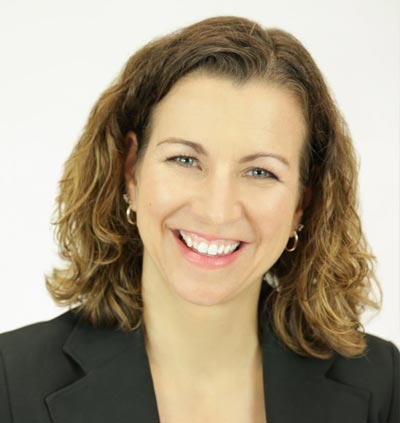 I don’t know if any one blog or webinar would help change their mind… but the free webinar on my resources page on my website about community engagement would be a great place to start.
I don’t know if any one blog or webinar would help change their mind… but the free webinar on my resources page on my website about community engagement would be a great place to start.
One of these blogs may be helpful as well:
- Why You Need ONE District-wide Facebook Page
- Feature My School: Piqua City Schools
- Schools Under Attack: Three Tips for Responding
Jamie Brace – Claremore Public Schools District Communications / Media Relations:
“It’s always a risk, and people already have opportunities to post negatively on their own social media, on the newspaper’s social media, and on your communities complaint pages. My former superintendent was very against social media, but after discussing with him the negative comments we get about “not communicating” on parent surveys and communicating trends of our demographics, he let me test it for our high school. After a year of no issues, as well as the family survey at the end of that year that raved about how the communication had improved… he bought in. He has since retired and our new superintendent is ON BOARD!”
Holly Mitchell-Brooker – Community Relations Coordinator at Ulster BOCES:
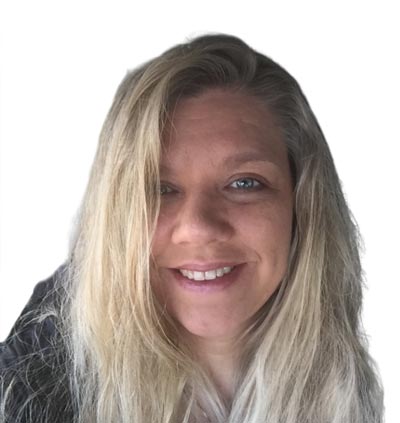 “You can add this lesson learned by one of my local districts about how important it is to be in the driver’s seat of your brand. This particular district did not have an official page; however, there was a page created with the district name (and the word district spelled incorrectly) that was updated just enough with school closings, delays, and other info that people thought it was real. There are currently 1,537 followers. One day, there was a post of sign with a bull dog pooping, and another day there was some foul language. People would come on and comment about the spelling mistake all the time. One day, the “page” wrote back saying she was in 5th grade when she started the page and was going to the high school and didn’t want to keep it anymore. The moral of the story is to create your social media presence or someone else will do it for you!”
“You can add this lesson learned by one of my local districts about how important it is to be in the driver’s seat of your brand. This particular district did not have an official page; however, there was a page created with the district name (and the word district spelled incorrectly) that was updated just enough with school closings, delays, and other info that people thought it was real. There are currently 1,537 followers. One day, there was a post of sign with a bull dog pooping, and another day there was some foul language. People would come on and comment about the spelling mistake all the time. One day, the “page” wrote back saying she was in 5th grade when she started the page and was going to the high school and didn’t want to keep it anymore. The moral of the story is to create your social media presence or someone else will do it for you!”
Emily Buckley – Director of Marketing & PR at La Salle High School
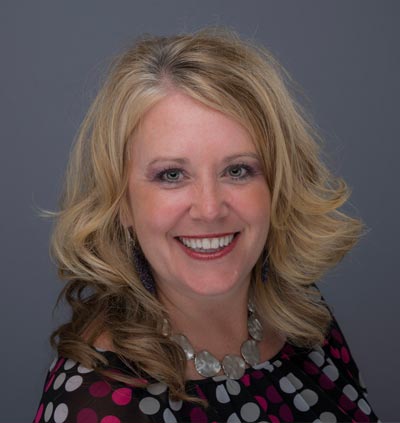 “Groups are the way to go to build community, but you need a public page to push information. Why keep your success stories a secret? Social media is just that….social! Comments engage followers, allow you to respond to questions and dispel rumors. What’s not to love? Carrier pigeons, smoke signals and weekly papers aren’t getting it done….you have to play in the social space to be relevant.”
“Groups are the way to go to build community, but you need a public page to push information. Why keep your success stories a secret? Social media is just that….social! Comments engage followers, allow you to respond to questions and dispel rumors. What’s not to love? Carrier pigeons, smoke signals and weekly papers aren’t getting it done….you have to play in the social space to be relevant.”
Rebecca Schneider – Communication Director at Harper Creek Community Schools:
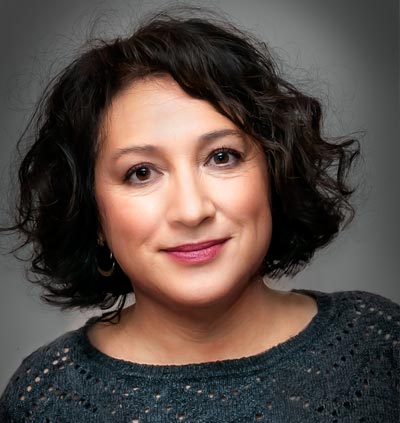 “I am guessing they are afraid of or just don’t want to deal with negative feedback in a public forum. You could share with them how you can block words and a list of responses to negative comments. Be sure to share the policy you will post on your page. Facebook feedback can be a good thing! Good luck.
“I am guessing they are afraid of or just don’t want to deal with negative feedback in a public forum. You could share with them how you can block words and a list of responses to negative comments. Be sure to share the policy you will post on your page. Facebook feedback can be a good thing! Good luck.
One more thought that I learned from Andrea and her team: Facebook and other social media allows you to tell your school’s story. Everyday it is being written within the walls of the buildings. Social media gets it out to the public. You get a chance to share the good before someone else overshadows you with the bad.”
Mark Dodge – Director of School Improvement & Communications at Eudora USD #491:
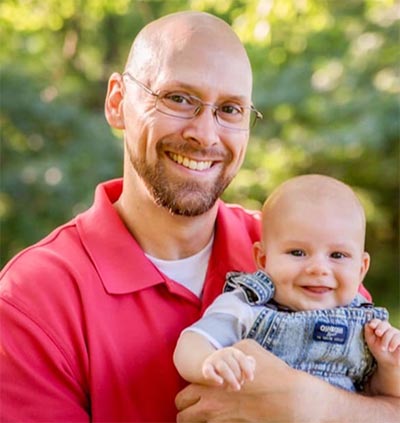 “I just met with a new PR coordinator in a neighboring district. I shared with her that we use social media to ‘tell our stories so the community doesn’t have to invent their own version.’”
“I just met with a new PR coordinator in a neighboring district. I shared with her that we use social media to ‘tell our stories so the community doesn’t have to invent their own version.’”
Melissa McConnell – District Communications Specialist at Belton School District #124:
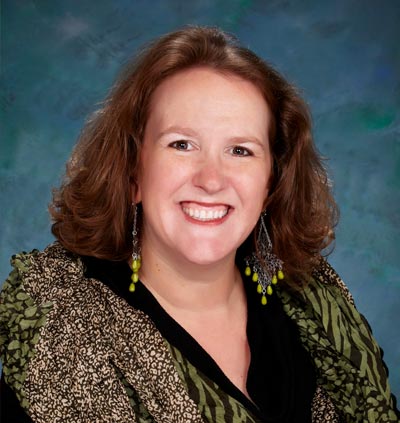 “Read Kristin Magette’s book The Social Media Imperative, and encourage the naysayers to as well! The book goes through all of the potential risks/pitfalls that admins tend to have, and then she demonstrates why the benefits outweigh any risk. I have marked up that book with notes like crazy!”
“Read Kristin Magette’s book The Social Media Imperative, and encourage the naysayers to as well! The book goes through all of the potential risks/pitfalls that admins tend to have, and then she demonstrates why the benefits outweigh any risk. I have marked up that book with notes like crazy!”
What amazing advice from this panel of experts who have been in the trenches. We hope this will help anyone who encounters those who don’t want to embrace social media for your school.
And we know managing social media isn’t an easy job. That’s why we’ve created an online membership group to give you support 365 days per year! You can learn more at our website – https://socialschool4edu.com/services/membership-program/.

